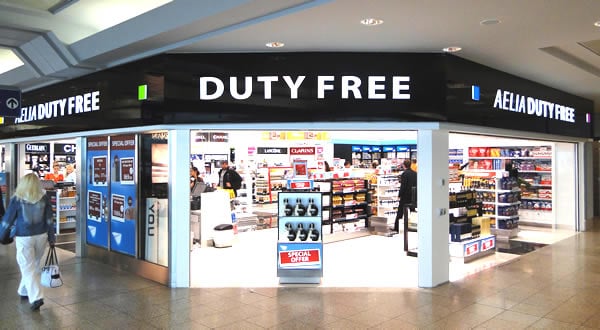
New research has shed light on the importance of quality for consumers, despite the continuing rise of the cost of living, as nearly a third (31 per cent) say that quality of products and services is more important now than it was a year ago. For Gen Z and Millennials, this demand for quality is even greater, with over half (54 per cent) of 18-24-year-olds and 43 per cent of 25-34-year-olds putting more emphasis on it than a year ago.
”Building trust in uncertain times”, a new study from global regulatory compliance firm Ideagen, explores the significance of quality in consumers’ purchasing decisions, the role of safety and quality symbols in providing reassurance during uncertain times, and the impact that past quality-related events have on society.
Ideagen appointed Walnut Unlimited to interview a representative sample of 2,000 adults in GB and discovered that the cost of living has put a greater emphasis on price, but consumers aren’t willing to compromise on quality of goods and services, even with rising household costs. Over a third (34 per cent) rank quality as the most important when making a purchase, much higher than convenience (3 per cent) and customer service (2 per cent). That said, unsurprisingly price still is a key consideration for purchasing decisions, with over half (58 per cent) citing this as the number one priority.
The report also looks at how demand for quality compares against other considerations when making different purchase types. Quality is top over price and convenience when it comes to food and medicine, with over half (51 per cent) and nearly two-thirds (63 per cent) respectively citing this as the most important, even for those in lower socioeconomic households. Meanwhile, in other industries quality and safety priorities also remained. For example, 29 per cent said safety was a deciding factor when buying a flight and 17 per cent said the same for financial services purchases.
Awareness of quality symbols among the public is high. The majority (76 per cent) of consumers pay attention to at least one quality or safety symbol when purchasing products and services.
Food quality symbols are the most recognised, with 55 per cent of respondents more likely to pay attention to a quality standard symbol if it is food related. Fairtrade (85 per cent), British Lion Quality (71 per cent) and Red Tractor (71 per cent) symbols are the most identifiable.
While only 9 per cent of respondents recognised UKCA, the UK Conformity Assessed marking, compared to 66 per cent who recognised its pre-Brexit predecessor, CE, suggesting there is a lack of awareness amongst the public of newer product marketing that have come into force since the UK’s withdrawal from the EU.
Despite demand from consumers, Ideagen research found that there has been some reduction in the quality of products and services, with 1 in 10 consumers reporting a noticeable decrease. However, for companies that prioritise quality, this presents an opportunity to set themselves apart in a crowded market.
Ben Dorks, CEO, Ideagen commented on the findings: “Businesses are walking the fine line between cost and quality and these results suggest they can’t afford to cut corners, even in poor economic climates.
“People are paying more for goods and services and expect to see and feel more for their money. Our report underscores the ongoing importance of quality and safety for consumers and the need for companies to prioritise it. While cost continues to be important, it goes hand in hand with quality, and consumers aren’t willing to compromise on the latter despite challenging times.”
When it comes to determining quality, a third (33 per cent) said raw ingredients, while 17 per cent said regulation were key indicators. The importance placed on reviews is at an all-time low, with 44 per cent of consumers citing them as the least important factor. Younger demographics, more receptive to social media and influencer marketing, are bucking this trend and placing a greater emphasis on reviews. Nearly a third (31 per cent) of 18-34 year olds cite them as the most important.








Share